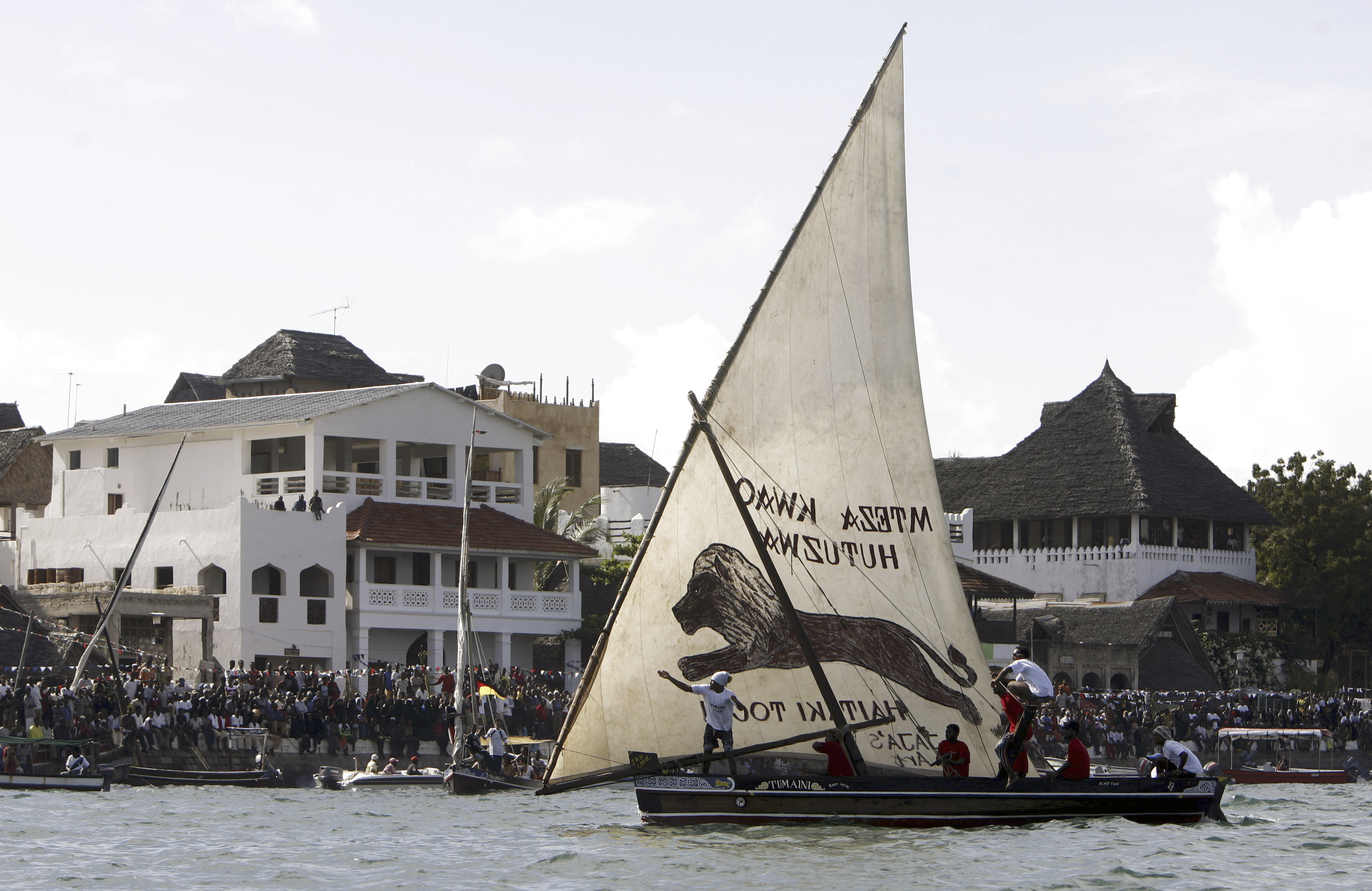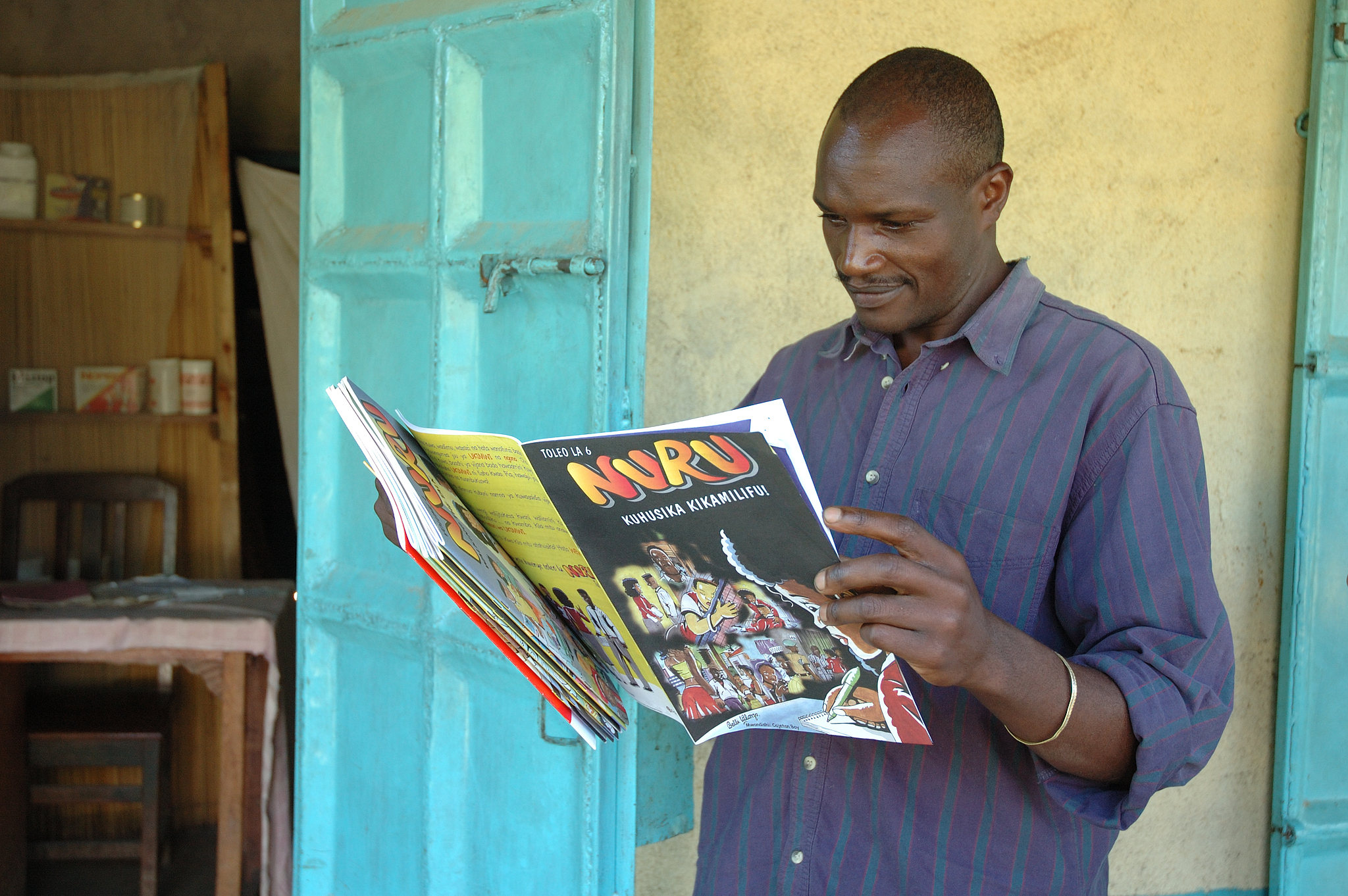
World Kiswahili Language Day; The rich heritage and significance of Kiswahili
Kiswahili ranks among the most commonly spoken languages in the African language family and holds the title of the most widely used language in sub-Saharan Africa. It is also one of the top 10 most spoken languages globally, with over 230 million speakers, according to the United Nations Educational, Scientific and Cultural Organization.
The language originated in the 7th century from interactions between Bantu speakers and Arab traders along the East African coast.

Today, the Swahili language is deeply intertwined with African culture, as explained by Swahili expert Professor Wallah bin Wallah.
“In Africa, we speak different languages and come from diverse backgrounds and cultures. We can understand each other and express ourselves because we think in our mother tongue, but translate those thoughts into Swahili for communication. We even compose songs and poetry in our languages, based on diverse experiences, and then express these ideas in Swahili, a language that many of us understand and love. It serves as a glue that holds us together despite our mixed heritages.”
Over the years, the language has borrowed words from other languages. For example, in Swahili, “boksi” is borrowed from the English word “box,” and “mikrofoni” from “microphone.”
In Arabic, the word “kitab” means “book,” and has the same meaning in Swahili, where it is referred to as “kitabu.” While “nur”, an Arabic word for light, is pronounced “nuru in Swahili.

In Kenya, Swahili’s mutation further developed into the Sheng language.
As for Sheng, people must accept that the growth of a language is inevitable. Think of the language as a child. It would be odd if the child did not grow, change, and learn new things, Professor Wallah opines.
“The new words and elements that find themselves integrated into the Swahili language are like guests, each brings their unique characteristics and leaves a mark. I think it is a wonderful thing”, Wallah says. “Sheng! When you listen to it and use it, it has its own rhythm that makes you feel good when you speak it. Yes, it has a Swahili baseline, but Sheng is a completely different language, creatively developed by young people.”
He is quick to add that Sheng cannot destroy Swahili. It has its place in the world, and Sheng speakers should use it with pride, just like Swahili speakers speak it proudly.
“I do not think the language is in any danger. Perhaps the use of the language might be facing challenges. This boils down to personal responsibility,” says Wallah.
“We may have people who do not take it upon themselves to speak proper, grammatically correct Swahili. This is a choice and something that can be changed. I would be concerned if schools prohibited the use of Swahili, but as you know, that is not the case.”
World Kiswahili Language Day is celebrated on July 7 each year to acknowledge these elements and more.
During the celebration of the day by the Rwanda National Commission for UNESCO, the language was hailed as a solution to communication barriers within the East African community.
“We believe Kiswahili offers a unique solution to this challenge. As one of the most widely spoken African languages, and the only African language recognized by the African Union, Kiswahili can bridge gaps between policy and people, education and equity, tradition and innovation”, said EAC Deputy Secretary General.
This year’s theme is Kiswahili, Inclusive Education and Sustainable Development.
“The Swahili language, despite having its deep roots in East Africa, has now grown to become an African and international language. Today, it is spoken by millions of people in Africa and even beyond the borders of our continent,” said James Kabarebe, Minister of State for Regional Cooperation in the Ministry of Foreign Affairs from Rwanda, who praised the language as unique and fast-growing.






